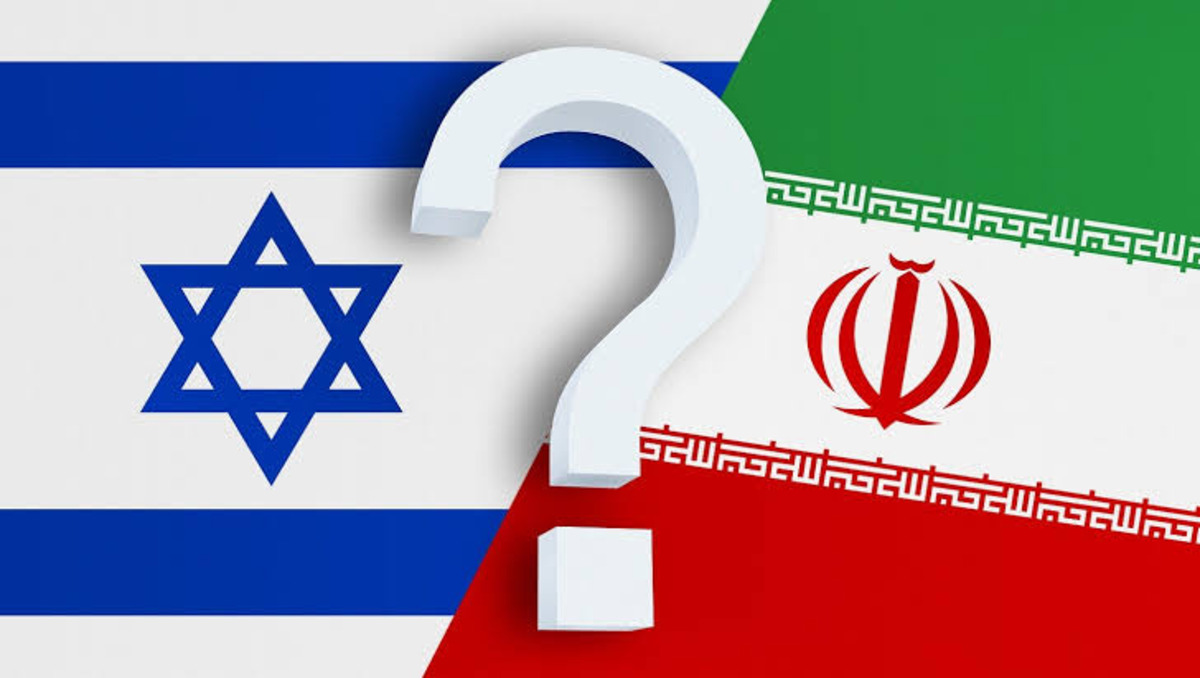Israel-Iran relations have hit all time low and the problem of Peace in the Middle East looms large against a barrage of missile attacks by Hamas into Israel’s territorial space. Israel’s premier declared the state at war with Hamas.
Birth of Israel spurred the dreadly Arab-Israeli conflict for the contested promised land as Jerusalem is home to holiest sites of the three Abrahamic religions. The conflict has manifested into deadly wars including the Six Day War, Yom Kippur War and the Lebanon war etc. Initially Israel aligned with Iran to carry out offensives against its Sunni Arab enemy states under Ben Gurion’s policy of periphery doctrine which outlined Israel would reach out to non-Arab and non-Muslims in the Middle East.
Israel-Iran relations in Cold War times
Israel enjoyed tactical and strategic advantages against the Sunni states under the shah’s regime. The Shah’s government exported oil to Israel providing for its energy security in times when Israel faced an all Arab economic boycott. Export to Israel gave Iran access to European energy markets to sell its oil.
But The Islamic revolution of 1979 in Iran altered the regional dynamics as the Ayatollah khomeini perceived Israel as an American proxy in the region. Post-revolution Iran cut off ties with Israel and Tel Aviv lost an ally against the Arabs rendering Israel-Iran relations to all time low and no return to good old days.
The new Islamist regime in Iran called for the destruction of Israel and returning the promised land to the Palestinian people. The new regime’s regional ambitions threaten Saudi Arabia’s symbolic dominance of the Muslim world and overhauled the regional geopolitics. Iranian ambitions manifested in the proxy wars with Israel due to its military and economic deficit. The Khamini’s regime could never engage in conventional wars with the Jews.
To wreak havoc in Israel, the Ayatollah’s regime explored the option of building ties and strengthening the Shia militant groups in the region. This manifested in the birth of the most formidable political organisation in Lebanon, Hezbollah. Iran supported shiite Hezbollah and Sunni Hamas to bleed Israel. Iran continues to be actively involved in the internal politics of weak Shia dominated states of Syria, Iraq and Lebanon.
For Iran, Israel is a product of European colonialism and an US ally in the Middle-East. Israel also backed the pre-Islamic revolution regime of the Shah which was supported and perpetuated by the western powers. Israel remains the primary obstacle to Iran’s hegemonic ambitions in the region where it aims to construct regional order.
New trends in Israel-Iran relations
US under the favourable regime of shah initiated Iran’s nuclear enrichment program bringing Tehran under the fold of NPT. But the radical revolution in 1979 and the coming of Ayatollah Khameni to power halted the US involvement in Tehran’s nuclear ambitions. Iran began uranium enrichment to weapon grade level. Iran has pursued a nuclear program ambitiously because nuclear capability will provide Tehran an edge in its rivalry with Sunni Arab states and Israel.
The US unilaterally withdrew from the JCPOA under Trump’s strategy of maximum pressure through sanctions, a move which received criticism and concern from the Israeli leaders. The Israelis have been cautious of the possibility of Iran weaponizing the enriched uranium which would be detrimental to Israel’s existence posing a security challenge to the Jewish state.
Israel-Iran relations ahve hit all time low as Iran suspects the ongoing normalisation process between Israel and various Arab states might pop into a new security order in the region. The rapprochement among Israelis and Arabs might mean a new security architecture in the region independent of Iran and dominated by the US.
The Israel-Iran relations have underwent dynamic change and the Islamic revolution of 1979 had been an inflection point in the relatiobnship. Tehran’s current hostility towards Israel is derived from the incumbent Islamic ideology which viewes Tel Aviv as cancerous tumour in the Middle-East and has vowed for its destruction. While Israel remains suspicious of the Iranian designs in the region and views nuclear Iran as threat to its own security, Iran is hostile towards Israel for being a close ally to US and its perceives Jewish state as illegitimate entity in the region and anthethical to Islamic values of the region.
